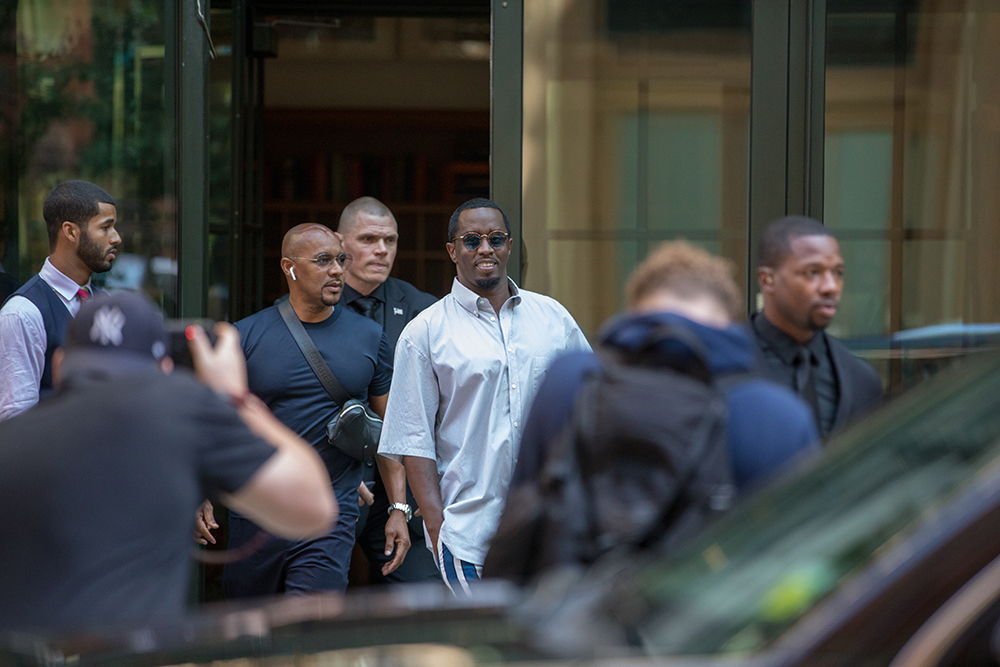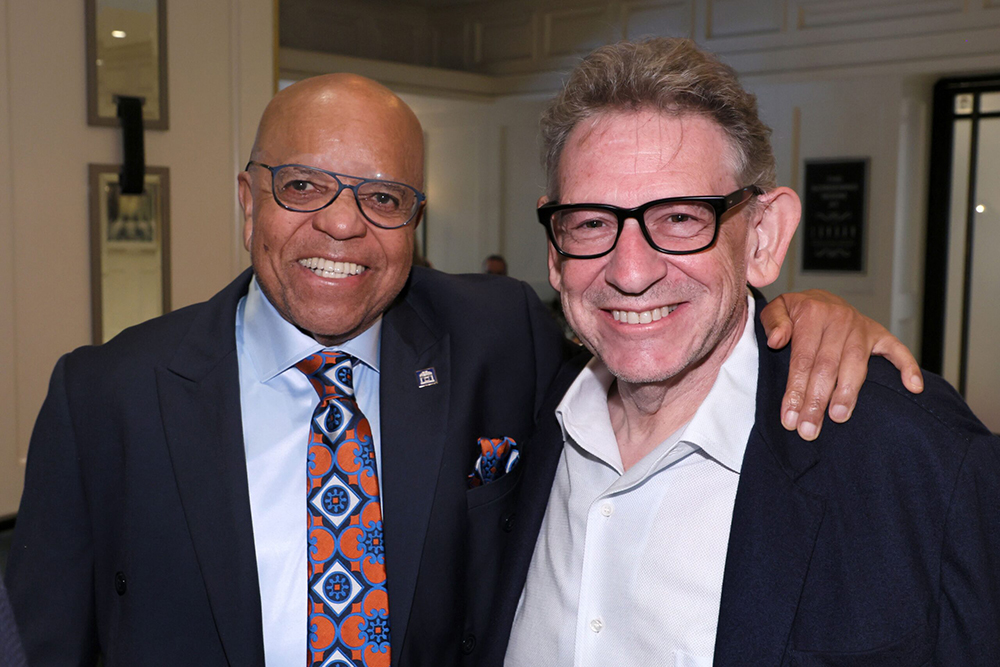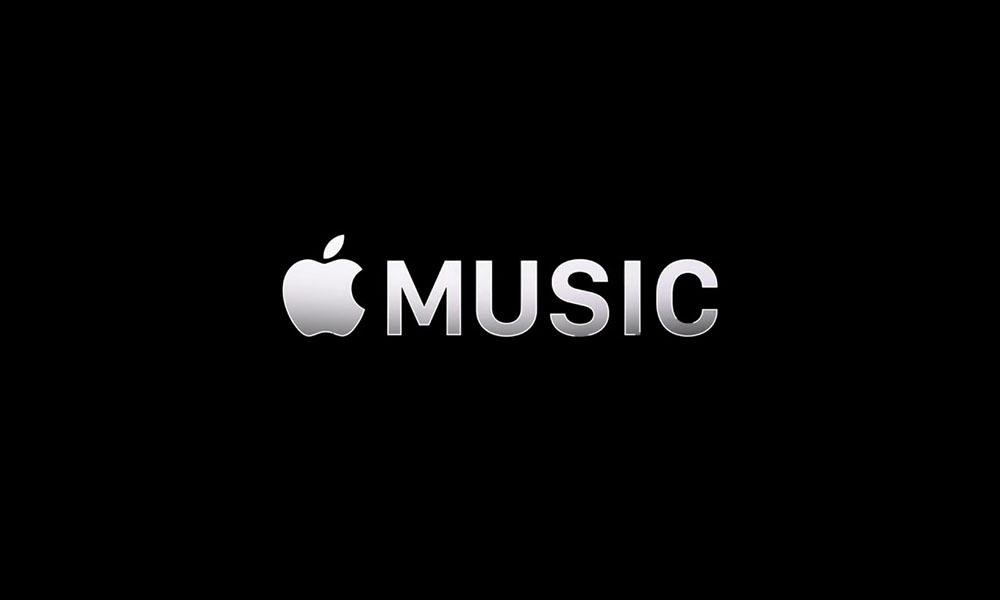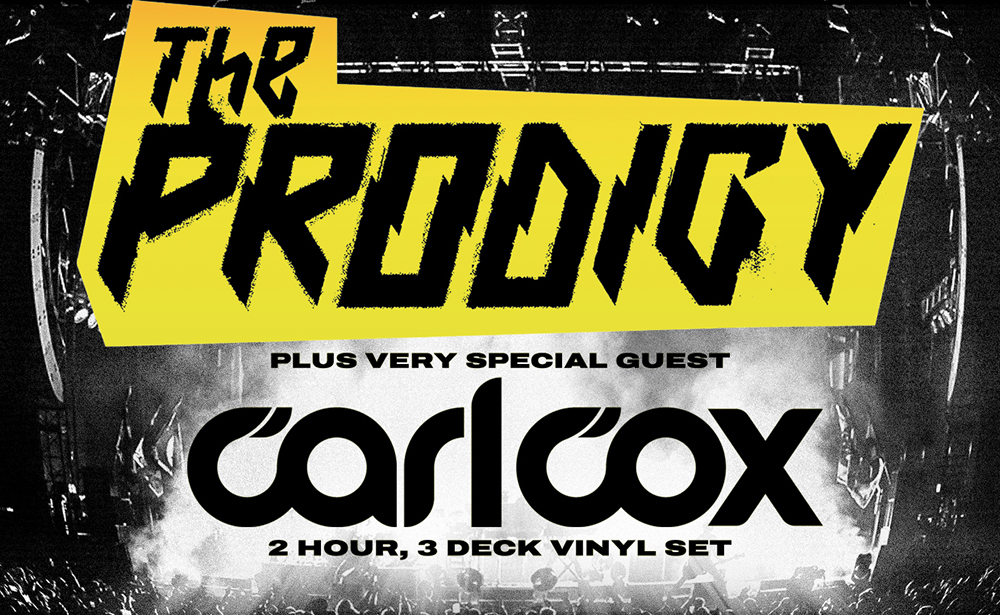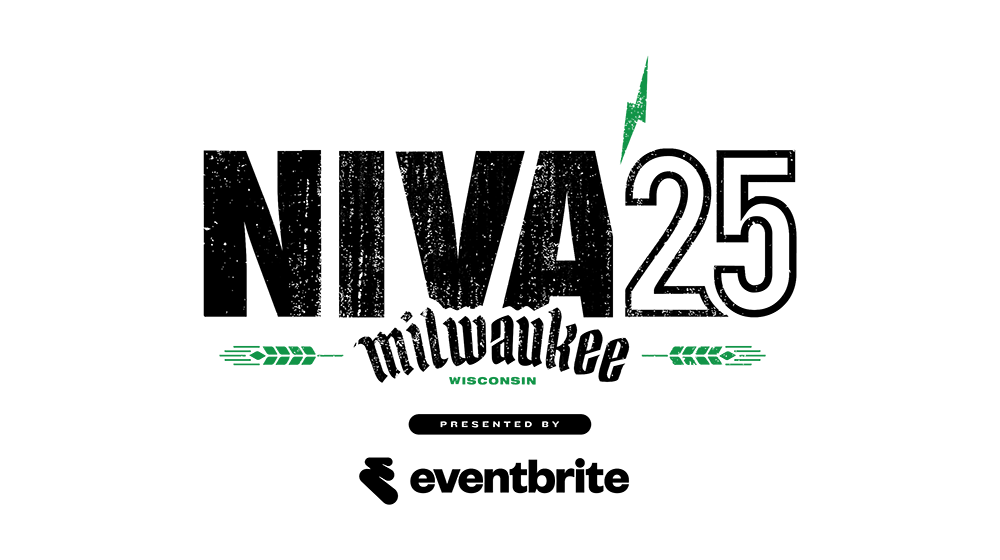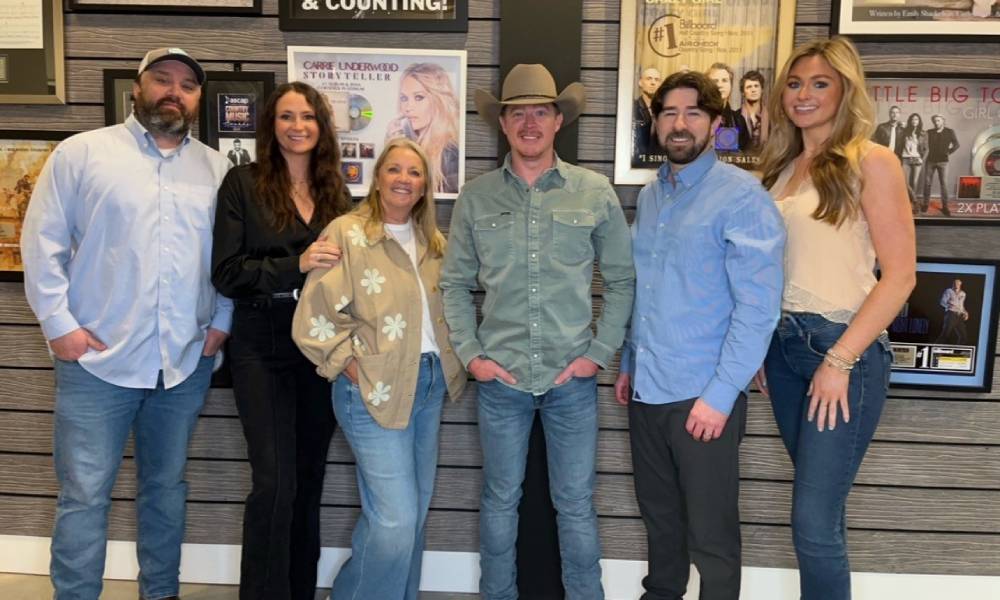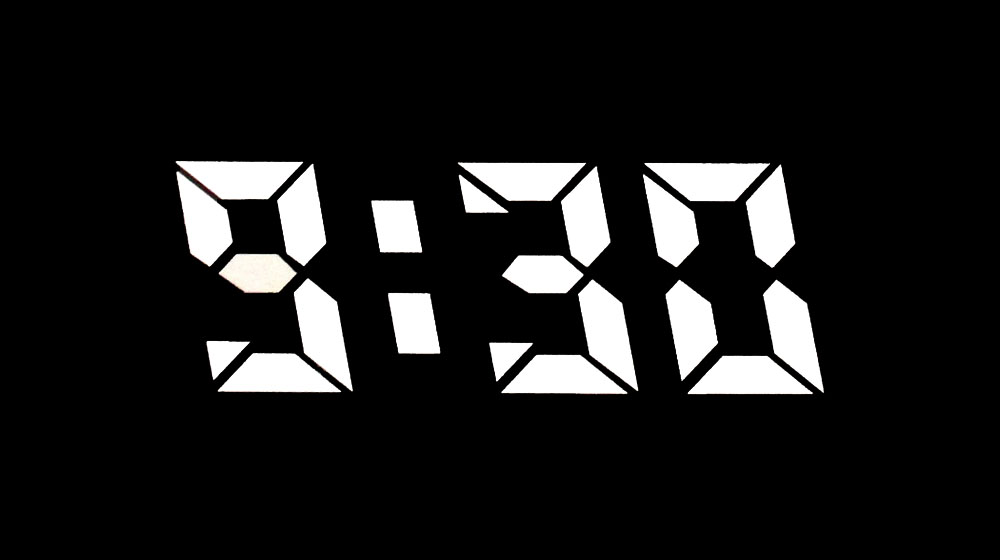(Hypebot) — Chris Castle digs into the thorny future of NFT payments and transactions – the newest “saviors” of the music business.
Guest post by Chris Castle of Music Technology Policy
Well, it’s happened again. The Internet has spoken – all extra cash is going to be devoted to curing cancer, distributing COVID vaccinations, world peace, child health and…oh, no wait. It’s going to be devoted to NFTs and getting rich on the latest bubble. It’s bespoke, not woke.
You’ve all heard about them: NFTs are going to save the music business or at least artists. You do have to ask yourself how much would we have to pay them to leave us alone. But NFTs are definitely all the rage, and we have to ask if NFTs are the new SPAC – meaning a heavily promoted financial instrument that is a function of too much money chasing too few scams.
If the copyright being licensed happens to be a motion picture or television program or sound recording created by a union signatory under a collective bargaining agreement with the Screen Actors Guild-AFTRA Basic Agreement, it may–may–qualify as a “reuse” which requires direct negotiation with any performer whose performance appears in the material being licensed. If it does and if you don’t clear the use, this is the kind of thing that can ruin your whole day. (See SAG-AFTRA Basic Agreement paragraph 22.) Paragraph 22A of the 2014 Basic Agreement states:
No part of the photography or soundtrack of a performer shall be used other than in the picture for which he was employed, without separately bargaining with the performer and reaching an agreement regarding such use. The foregoing requirement of separate bargaining hereafter applies to reuse of photography or sound track in other pictures, television, theatrical or other, or the use in any other field or medium. Bargaining shall occur prior to the time such reuse is made, but performer may not agree to such reuse at the time of original employment. The foregoing shall apply only if the performer is recognizable and, as to stunts, only if the stunt is identifiable.
Understand that when the reuse justifies it, these performer payments run into the tens of thousands if not higher. And that’s when the reuse is just a part of another work rather than the thing itself as may be the case with NFTs.
The higher the prices go in the NFT bubble, the more likely it is that someone will be in this situation and that a performer—or their estate—may well ask for the payment to which they are entitled under the union agreement. But here’s the kicker—the union obligation applies to signatories to the collective bargaining agreement. That’s likely to be the studio or record company, which is why those licenses almost always include language about the buyer’s (or licensee’s) responsibility to make all third-party payments including union payments.
The more the NFT transaction trades on the name of the actors or musicians involved, the more convincing the case. This is very fact specific, but it’s not all that fact specific. It’s going to come up. (But see Brown v. 20th Century Fox) If you are hearing about reuse negotiations for the first time, don’t feel bad, it’s often overlooked even by the smart people. But it does seem that at least the big NFT auctioneers like Sotheby’s should sign up to union assumption agreements (or something similar) to make sure that NFT’s subject to collective bargaining agreements are not sold without evidence of compliance with the reuse rules and performer payments.
Even so, I fully expect that we are going to suffer through another round of loophole seeking behavior regarding copyright that we saw in the 1990s and 2000s when there was just too much money to be made on the Internet (reminiscent of the “49ers” who came to California in the 1849 Gold Rush). The greed factor of 99ers gave us very long and protracted excuses for theft such as the trilogy by the very well-funded Lessig as well as seemingly endless litigation that goes on to the present day over loophole seeking behavior that distorts the DMCA and fair use, as well as the controversial Section 230 of the Communications Decency Act. There’s just too much money being made with NFTs, cryptocurrency and blockchain to think otherwise.
It must also be said that the same kind of willfully blind hucksters are at work in the NFT market that were and still are engaged in massive copyright infringement online. NFT’s can easily be tokenized without the owner of the underlying copyright having any idea that their work is being infringed, much less consented. The same could be said of right of publicity claims, palming off, and trademark infringement.
The more that performers are excluded, the more likely it is there will be a reaction. So says Newton with that Third Law of Motion thingy, but what did he know?
Stay tuned, the 99ers are back in the Wild West this time with added Ether.
[This post first appeared on Artist Rights Watch]






















